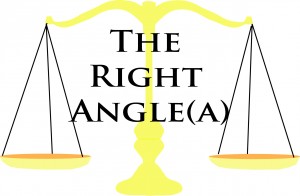The War on ‘Drugs’
ANGELA YANG
Editor in Chief
As the election season progresses, it often serves as a reminder of how profound the effects of the American president, the leader of the free world, can be. For example, years after his presidency, the United States still suffers the pervasive consequences of Richard Nixon’s War on Drugs.
Now I am in no way an advocate of drug use. But neither am I an advocate of the devastating effects of Nixon’s war on drugs, because let’s face the facts: this war propagated the association of drugs with “the antiwar left and black people,” according to former Nixon aide John Ehrlichman. In criminalizing drugs so harshly, the Nixon administration essentially criminalized antiwar protesters and black people.
This war is a continuous war on our lower socioeconomic class as well. Michelle Alexander, author of “The New Jim Crow,” puts it best when she states, “This war has been waged almost exclusively in poor communities of color, even though studies consistently show that people of all colors use and sell illegal drugs.” Long after the Nixon administration, presidents have still continued to wage this war on drugs, proposing policies and initiatives that place pressure on other countries to follow suit.
Such ingrained associations are hard to reverse in American society, unfortunately, but it is not impossible. It will take a long time, of course, but it is crucial now more than ever that we elect a president we can call on to identify this issue and serve as an advocate for all people in America, a president who can acknowledge and attempt to rectify their predecessors’ mistakes.
American history is fraught with discrimination and prejudice. “Did we know we were lying about the drugs? Of course we did,” Ehrlichman states. But that is no excuse for the America of today to continue on as the America of decades past.

